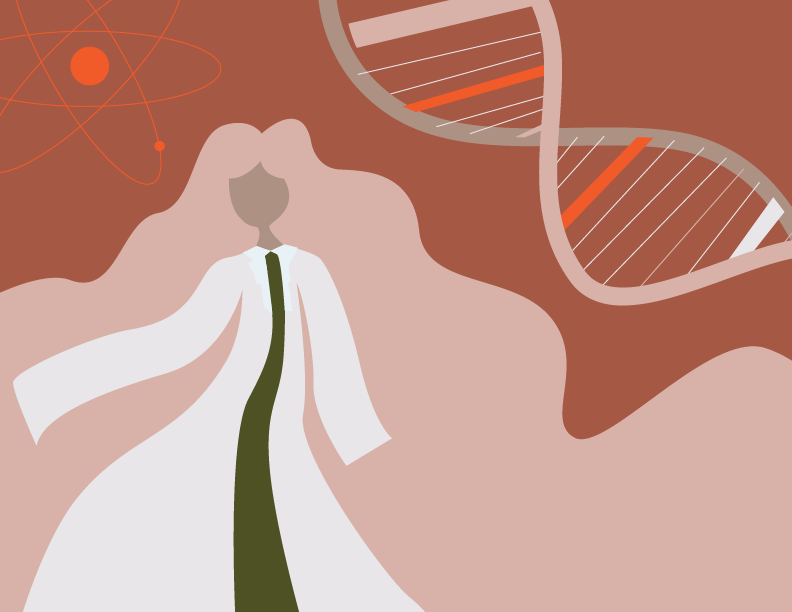There are many good people in this world, but what determines a good person, and is there a reason some people are more altruistic than others? Altruism can be defined as a selfless principle or a practice of the concern for the welfare of others. In other words, an altruistic person is one who is above average in sharing kindness and good deeds. One of my majors is sociology; I love studying people, and because of my studies I believe altruistic people are unique and extremely rare in this world. These are people who do something for someone and expect nothing in return.
In one of my classes, we watched Abigail Marsh’s Ted Talk about altruistic people. It was enlightening. When a woman wanted to know how a truly altruistic person wound up being that way, Marsh used one of her own stories to demonstrate: she was once in a car accident on the freeway. One altruistic man crossed multiple lanes to stop and help her, apparently risking his own life in order to do so. After ensuring that Marsh was okay and not in need of further assistance, he left without giving her his name.
Why, out of all the people driving by on the freeway, did this one man stop? I’m sure there were tons of “good” people who drove by, but why is one person more altruistic than another? Marsh’s Ted Talk opened my eyes to the concept of altruistic people and answered my questions.
Marsh mentioned a study on altruism conducted by The National Institute of Mental Health. In the study, researchers looked at the extremes of both sides of a person’s “good personality.” They started with psychopaths and found that their brains, specifically their amygdalae, were smaller than the average human’s. They then studied an altruistic person’s brain by recruiting those who had donated a kidney to a random stranger, since you can hardly get more altruistic than that. They found that, as opposed to the psychopaths’ brains, the so-called altruists had larger amygdalae than average. I found this incredible. The concept that your brain can give you the ability to be more altruistic than another person is something I’d never thought of before. Their research was extensive. Marsh and her team concluded that altruistic people are extremely humble, they don’t think of themselves as anything special, and they tend to be more wealthy. To watch this Ted Talk and learn more about her study, visit https://www.ted.com/talks/abigail_marsh_why_some_people_are_more_altruistic_than_others?language=en#t-261545.
Generally when I consider people, I tend to be relatively cynical in my thoughts. I’ve focused on people who have done me wrong: lied, cheated, intentionally hurt me and others, etc. But this Ted Talk gave me hope. It opened my eyes to the good some people do every day. We should look to truly good people in order to inform our own abilities to be altruistic and appreciate the many good deeds of others. In this chaotic world, one person can make a huge difference in someone else’s life. Positivity can be passed on. Good people do exist. The uniqueness of an altruistic person is real, and we should go out of our way to notice them more often, but not only that: we should try to be altruistic ourselves.















